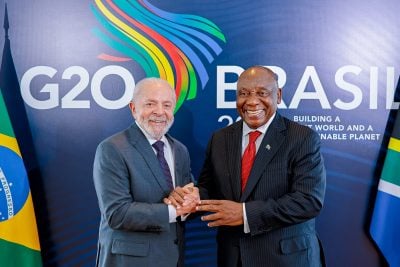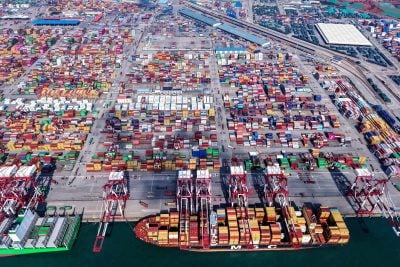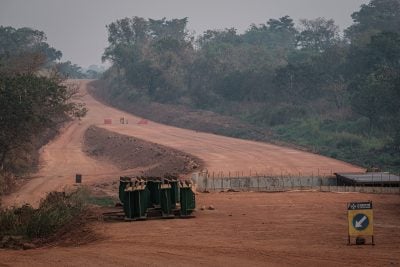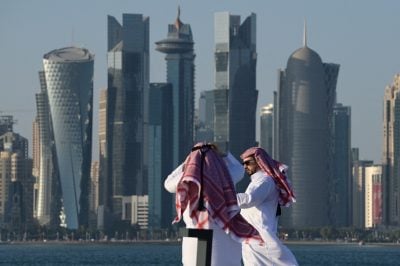This week, the World Bank Group named longtime vice president Makhtar Diop as head of the International Finance Corporation (IFC), making him the first African to lead the Bank’s private sector arm.
The announcement comes days after the appointment of Okonjo-Iweala Ngozi as director-general of the World Trade Organization (WTO), confirming that the global focus is finally shifting to the continent.
Diop steps into the role at a time when the IFC has refocussed its activities on developing countries over the past decade, providing private sector financing in the form of loans and direct investment, as well as advice.
Born and bred in his native Senegal, Diop burnished his credentials serving as Minister of Economy and Finance in Senegal, and as the World Bank’s country director for Brazil, Kenya, Eritrea, and Somalia.
He cut his teeth in development finance as an economist at the International Monetary Fund, gaining acclaim for his work in some of the world’s most fragile economies in New African Magazine’s 100 Most Influential Africans.
In his six years as VP for the World Bank’s Africa region, he oversaw a major expansion of the institution’s work on the continent, helping to deliver a record-breaking $70bn in commitments.
Diop is just the kind of leader Africa and, indeed, the world needs right now. His commitment to sustainable and green solutions and to gender equality, have cut a fine figure to address these imbalances.
Diop steps into the role at a time when Africa and economies around the world have been battered by Covid-19. With him, he brings an understanding that in terms of vaccine equality and food security, Africa’s economy depends on the world, and vice versa.
His indelible connection with the continent’s large and growing youthful population, which have some of the highest youth unemployment and income inequality rates in the world, make him well placed to back the right programs to stimulate job creation.
His appreciation that education is the engine to power the future of Africa’s booming population, is no less critical.
The pandemic has dealt a death blow to education on the continent, with 90% of ten year-olds unable to read and understand a simple text, according to the World Bank. This compares to 53% in low-and-middle-income countries globally.
As a member of the African diaspora, Diop is uniquely placed to address the needs of both global and local economies, and their struggles. His point of view differs vastly from people being sent to Africa from overseas to help stimulate the economy.
These people often leave without ever understanding the local context, no matter how well-educated they are. Someone from Africa, working for Africa, who also has global insight, will make a world of difference.
With both Ngozi and Diop raising the flag of the African diaspora, they will no doubt come to shape the African conversation. For this reason it will be worth watching them both closely.
By appointing Africans to key positions that drive the growth of African economies, I believe we will see a real-life impact across the continent. These leaders know first-hand what Africa needs, and understand the machinations of its people, and what is takes to improve their lives and economies.
Not only can they showcase Africa’s incredible fountain of talent, but I believe they can lift the continent to a whole new level.
Africa has shown that it’s finally ready to take a leading role on the world stage.
Gina Din-Kariuki, is the founder of Gina Din Corporate Communications which was acquired by Edelman public relations firm last year. She is a pan-Africanist and a strong advocate of women issues.
Want to continue reading? Subscribe today.
You've read all your free articles for this month! Subscribe now to enjoy full access to our content.
Digital Monthly
£8.00 / month
Receive full unlimited access to our articles, opinions, podcasts and more.
Digital Yearly
£70.00 / year
Our best value offer - save £26 and gain access to all of our digital content for an entire year!
 Sign in with Google
Sign in with Google 



